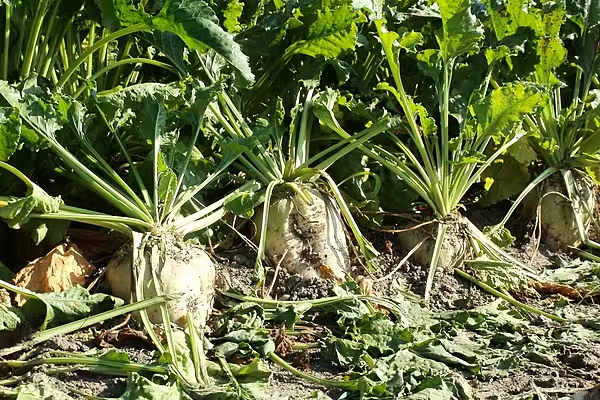The French government will propose lifting a ban on certain pesticides blamed for harming bees to protect sugar beet crops that have been ravaged by insects this year, the agriculture ministry has said.
The government plans to support a legislative amendment in parliament later this year to exempt sugar beet for up to three years from a general ban on neonicotinoids, the ministry said in a statement following a meeting with sugar industry representatives.
Sugar beet growers blame the ban on the neonicotinoid group of crop chemicals for insect attacks that could decimate yields this year and say this further threatens the French sugar sector after a price slump in recent years already led to factory closures.
'An Unprecedented Crisis'
"French sugar beet producers are facing an unprecedented crisis: the jaundice virus transmitted by aphids has developed massively across France's growing regions and is going to impact heavily sugar beet production," the ministry said.
In addition to the proposed re-authorisation of neonicotinoid pesticides for sugar beet in time for next year's spring planting, the ministry said €5 million ($5.9 million) would be offered to support research into alternatives to neonicotinoids.
Farmers say outlawing these pesticides for sugar beet is not relevant to efforts to protect bees as the crop does not flower. They also blame the French authorities for applying a blanket ban on neonicotinoids whereas European Union regulations allow for exemptions.
Exemption
The ministry said the exemption for sugar beet would only apply to pre-treated seeds, with field-spraying of neonicotinoids to remain banned.
For crop losses this year, which farmers say could reach 50% in the worst cases, the government will offer compensation to growers, the ministry added.











